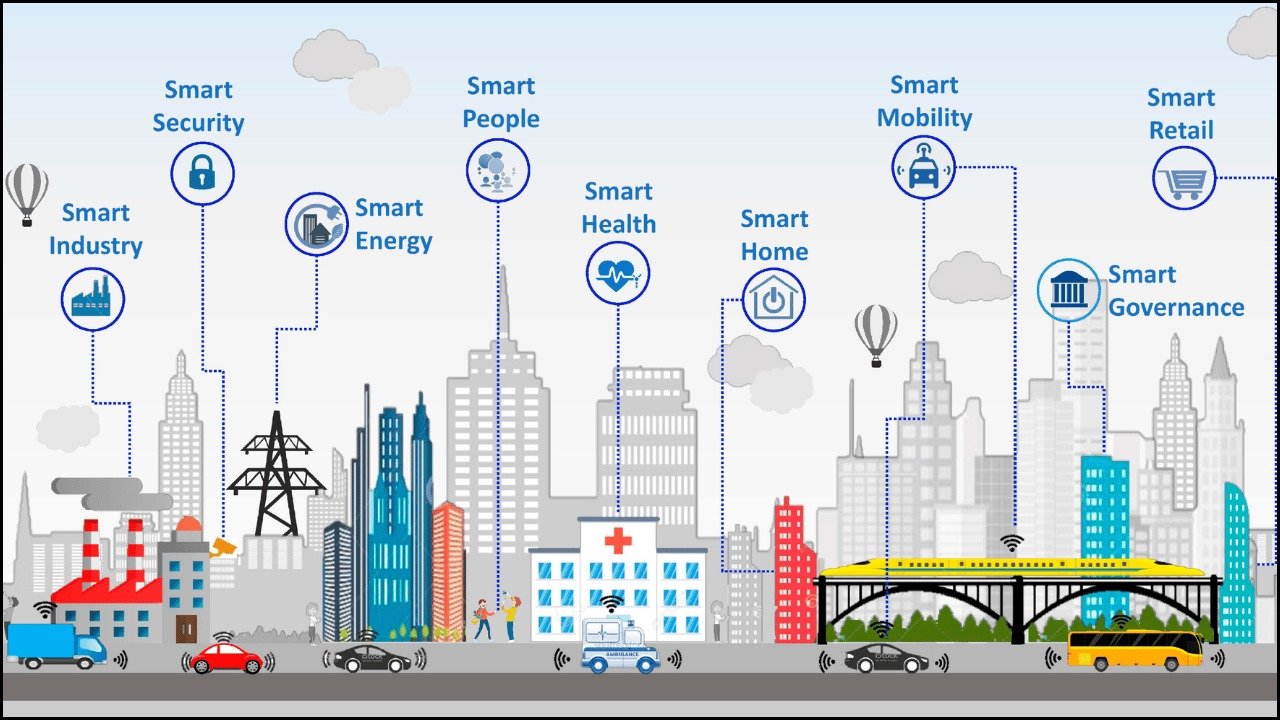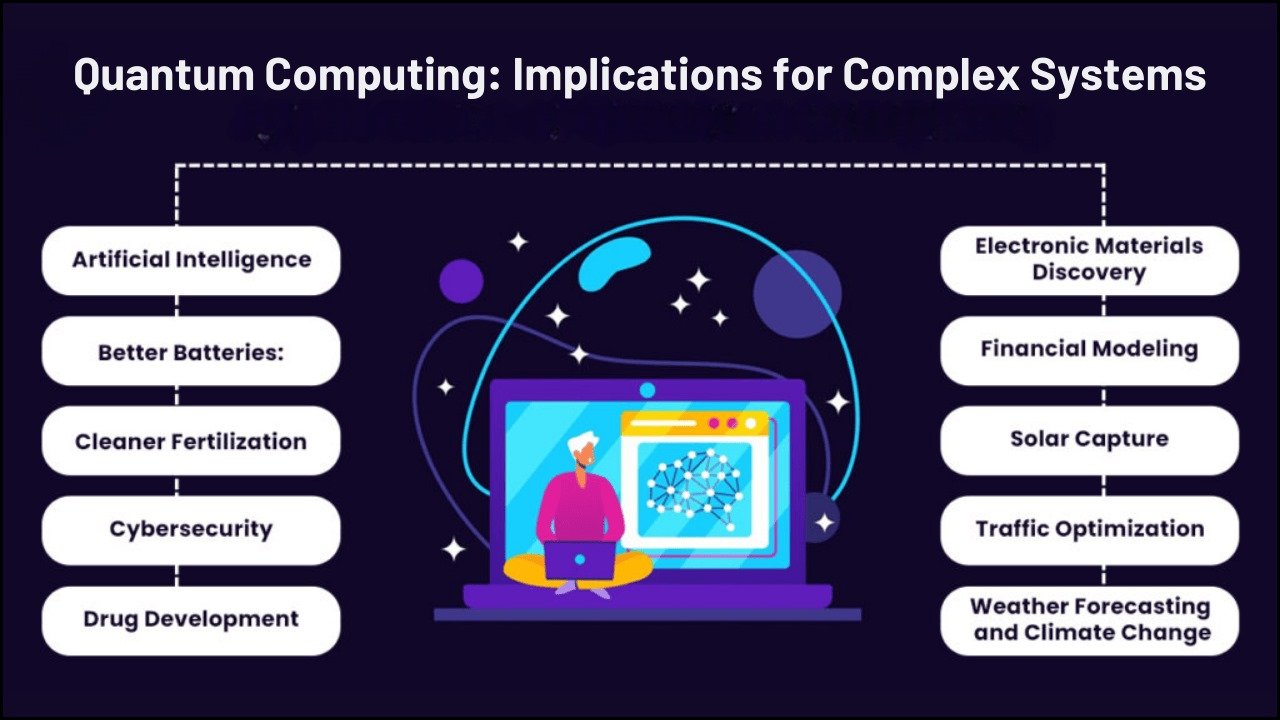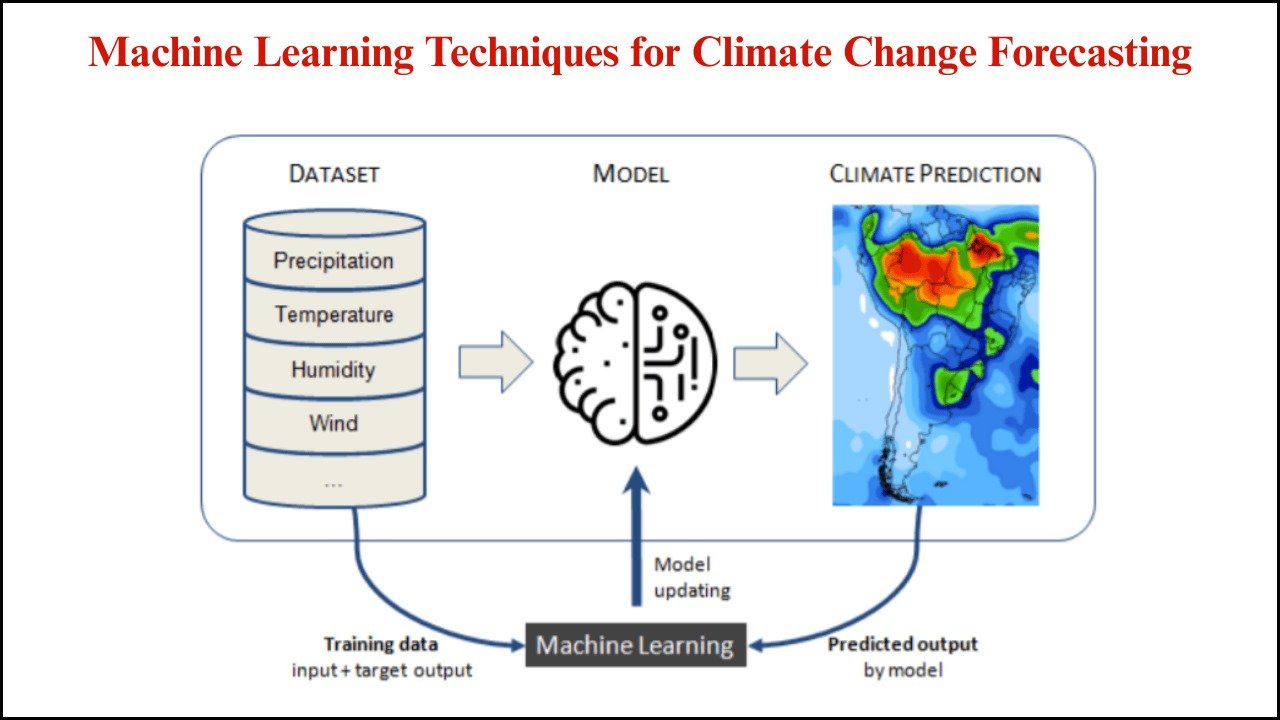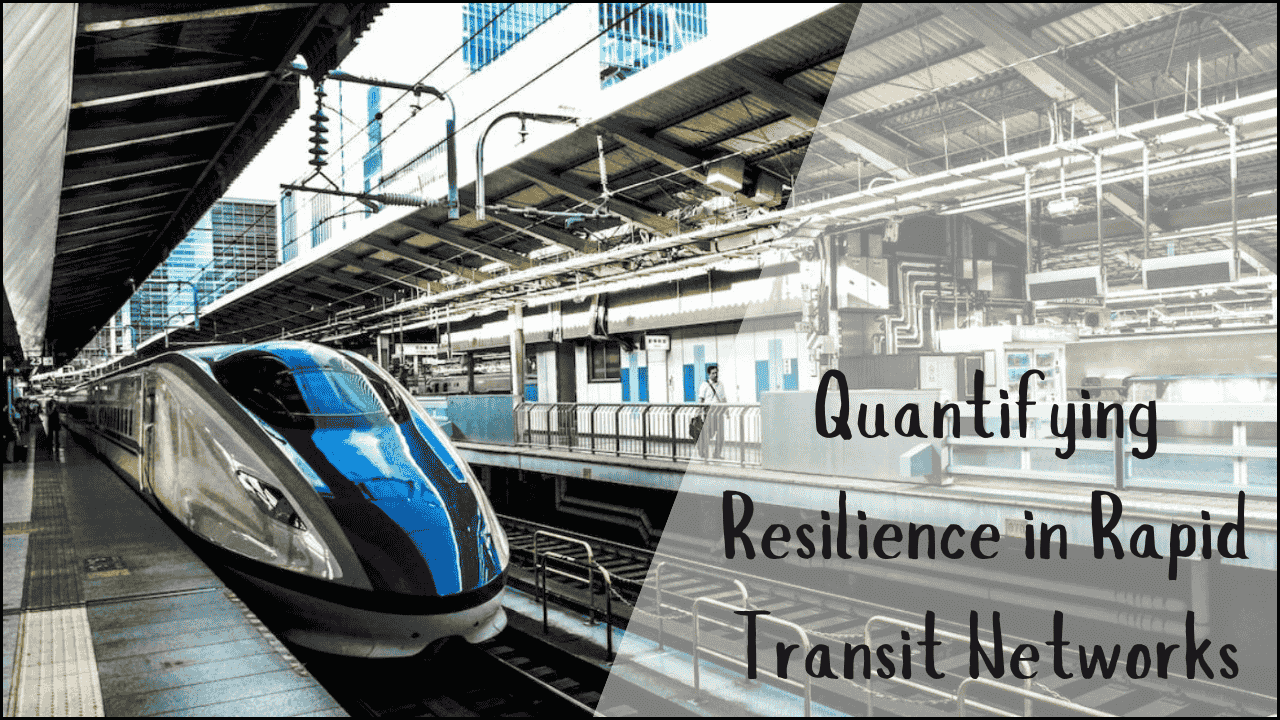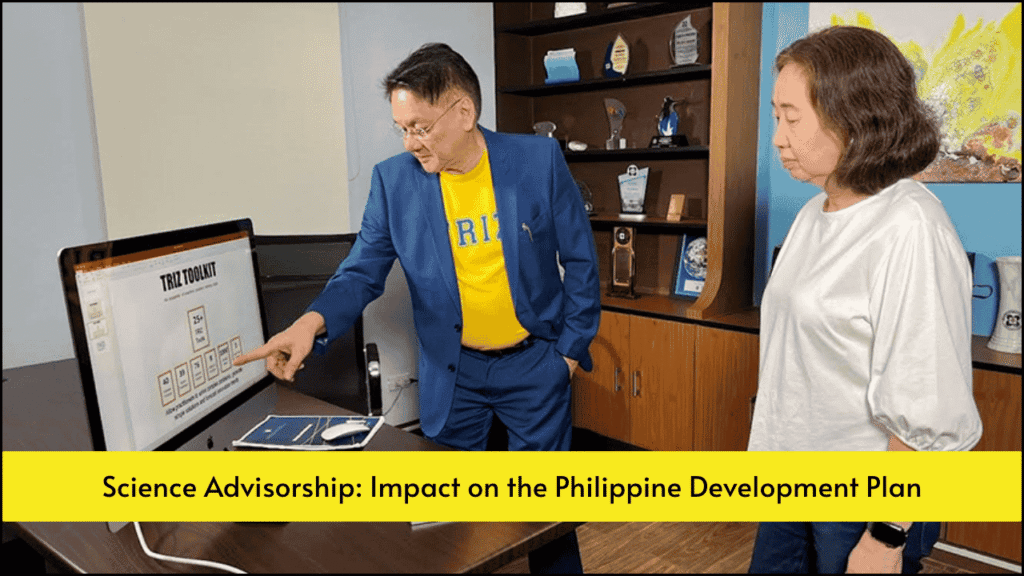
Science advisorship plays a critical role in shaping national development strategies by providing evidence-based guidance and expert insights. In the Philippines, science advisors have contributed significantly to the formulation and implementation of the Philippine Development Plan (PDP), aligning technological advancements, research priorities, and innovation with socio-economic goals. This article examines the contributions of science advisorship to national policy, highlighting its impact on research, technology adoption, education, and sustainable development.
Table of Contents
Role of Science Advisorship in National Development
- Policy Guidance: Science advisors provide technical and strategic input for the formulation of policies that integrate scientific knowledge into development planning.
- Research Prioritization: Identify critical areas of research and innovation that can drive economic growth and address national challenges.
- Technology Integration: Facilitate the adoption of emerging technologies in public and private sectors to improve efficiency and competitiveness.
- Monitoring and Evaluation: Assess the effectiveness of science and technology initiatives to ensure alignment with national objectives.
Contribution to the Philippine Development Plan (PDP)
- Alignment with National Goals: Science advisorship ensures that research and technological initiatives support the PDP’s objectives of economic growth, social equity, and environmental sustainability.
- Strategic Focus Areas: Advisors recommend investments in priority sectors such as renewable energy, healthcare, agriculture, education, and disaster resilience.
- Evidence-Based Decision Making: Scientific input enables policymakers to make informed decisions, reducing risks associated with project implementation.
| PDP Focus Area | Science Advisorship Role | Impact |
|---|---|---|
| Renewable Energy | Advise on the adoption of solar, wind, and bioenergy technologies | Enhanced sustainable energy capacity and reduced reliance on fossil fuels |
| Healthcare Innovation | Recommend the implementation of medical research and technology | Improved healthcare delivery and disease management |
| Agricultural Development | Guide research on crop resilience and sustainable farming | Increased food security and farmer productivity |
| Disaster Risk Reduction | Provide scientific input for disaster preparedness programs | Reduced vulnerability and faster recovery from natural disasters |
| Education and Capacity Building | Promote STEM education and research training | Strengthened human capital for technological advancement |
Impact on Research and Innovation
- Research Funding Allocation: Science advisors influence funding priorities, directing resources to high-impact research areas.
- Innovation Hubs: Facilitation of research centers and innovation hubs to encourage collaboration between universities, industries, and government agencies.
- Collaboration with International Partners: Science advisorship promotes partnerships with foreign institutions to enhance research capabilities and knowledge exchange.
- Technology Commercialization: Support for translating research outputs into marketable technologies and solutions.
Capacity Building and Education
- STEM Promotion: Advisorship encourages curriculum development in science, technology, engineering, and mathematics to meet national workforce needs.
- Scholarship and Training Programs: Recommendations for scholarships, fellowships, and professional development programs enhance the skills of Filipino scientists and engineers.
- Mentorship and Knowledge Transfer: Experienced scientists guide early-career researchers to ensure continuity and sustainability of research initiatives.
| Program/Initiative | Target Group | Outcome |
|---|---|---|
| STEM Curriculum Enhancement | High school and university students | Improved quality of STEM education and preparedness for scientific careers |
| Research Fellowships | Graduate students and early-career researchers | Advanced research skills and exposure to international standards |
| Innovation Hubs | Universities and research institutions | Collaboration, technology development, and commercialization |
| Mentorship Programs | Young scientists and engineers | Development of future leaders in science and technology |
Policy and Governance Influence
- Science-Driven Legislation: Advisors contribute to drafting laws and regulations that encourage research, innovation, and technological adoption.
- National Technology Roadmaps: Guide long-term strategies in emerging fields such as AI, biotechnology, and renewable energy.
- Sustainability and Environmental Policy: Input on scientific assessment ensures that development initiatives consider ecological impacts and climate resilience.
- Monitoring Progress: Establish key performance indicators (KPIs) to track the success of science and technology initiatives within the PDP.
Challenges and Opportunities
- Challenges:
- A limited number of qualified science advisors to meet national demands
- Integration of scientific recommendations into political decision-making processes
- Ensuring equity and inclusivity in the distribution of scientific resources
- Opportunities:
- Expansion of international collaborations to enhance research capacity
- Use of big data and analytics for more informed policy recommendations
- Development of regional centers of excellence to decentralize research and innovation
| Challenge | Potential Solution |
|---|---|
| Shortage of Advisors | Training programs and capacity building for scientific experts |
| Policy Integration | Structured advisory mechanisms linking scientists with policymakers |
| Resource Distribution | Prioritize equitable funding and access to research infrastructure |
Case Studies of Science Advisorship Impact
- Renewable Energy Initiatives: Science advisors guided the selection of suitable sites for solar and wind farms, optimizing energy production and sustainability.
- Disaster Preparedness Programs: Implementation of early warning systems and hazard mapping based on scientific recommendations improved disaster resilience.
- Healthcare Technology Implementation: Advisorship facilitated the deployment of telemedicine solutions in remote areas, increasing access to healthcare services.
Parting Insights
Science advisorship has significantly influenced the Philippine Development Plan by providing technical guidance, promoting research and innovation, and ensuring evidence-based policy decisions. Through contributions in renewable energy, healthcare, agriculture, education, and disaster management, science advisors help align national development strategies with scientific principles and technological advancements. Continued investment in science advisorship and capacity building is essential to sustain long-term economic growth, social development, and environmental sustainability in the Philippines.


